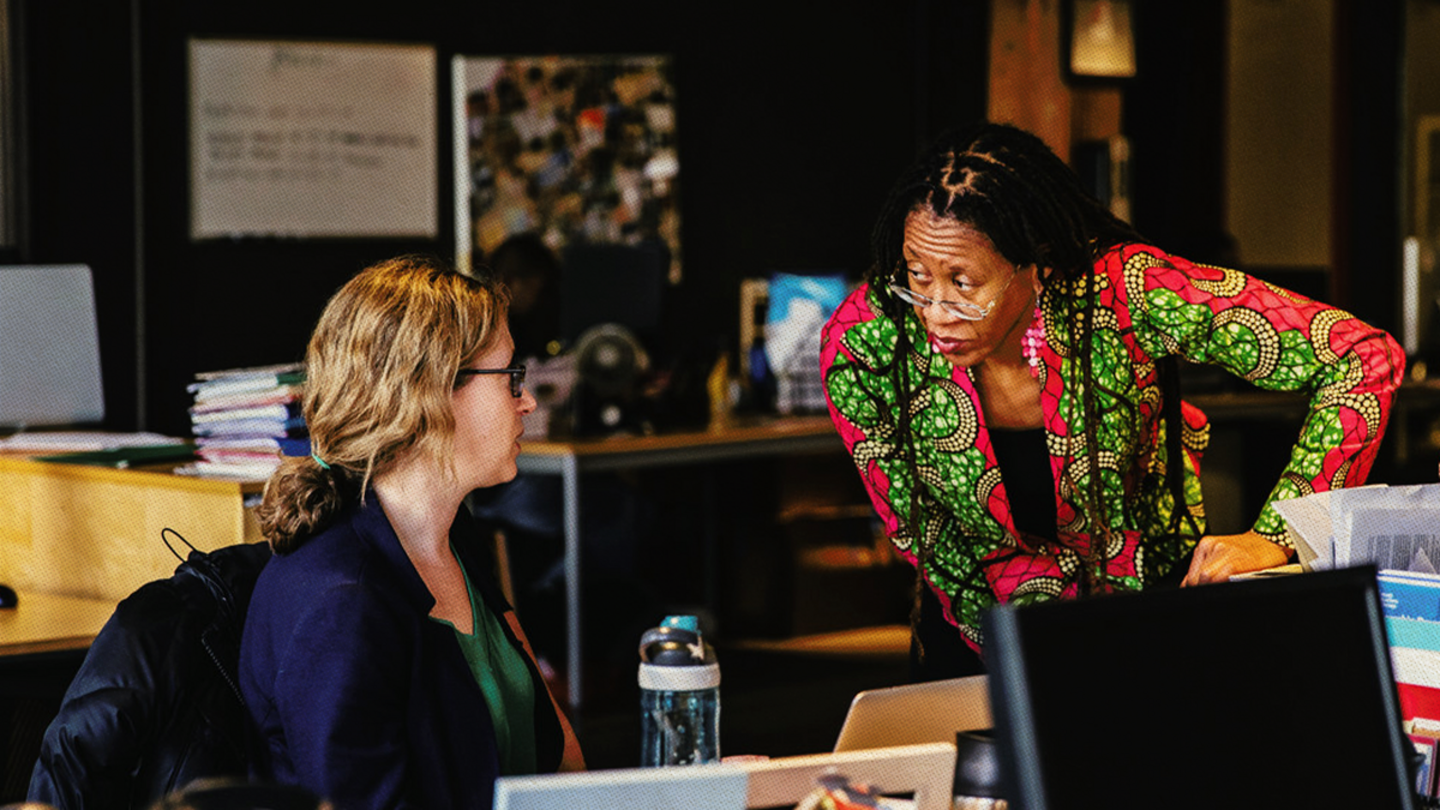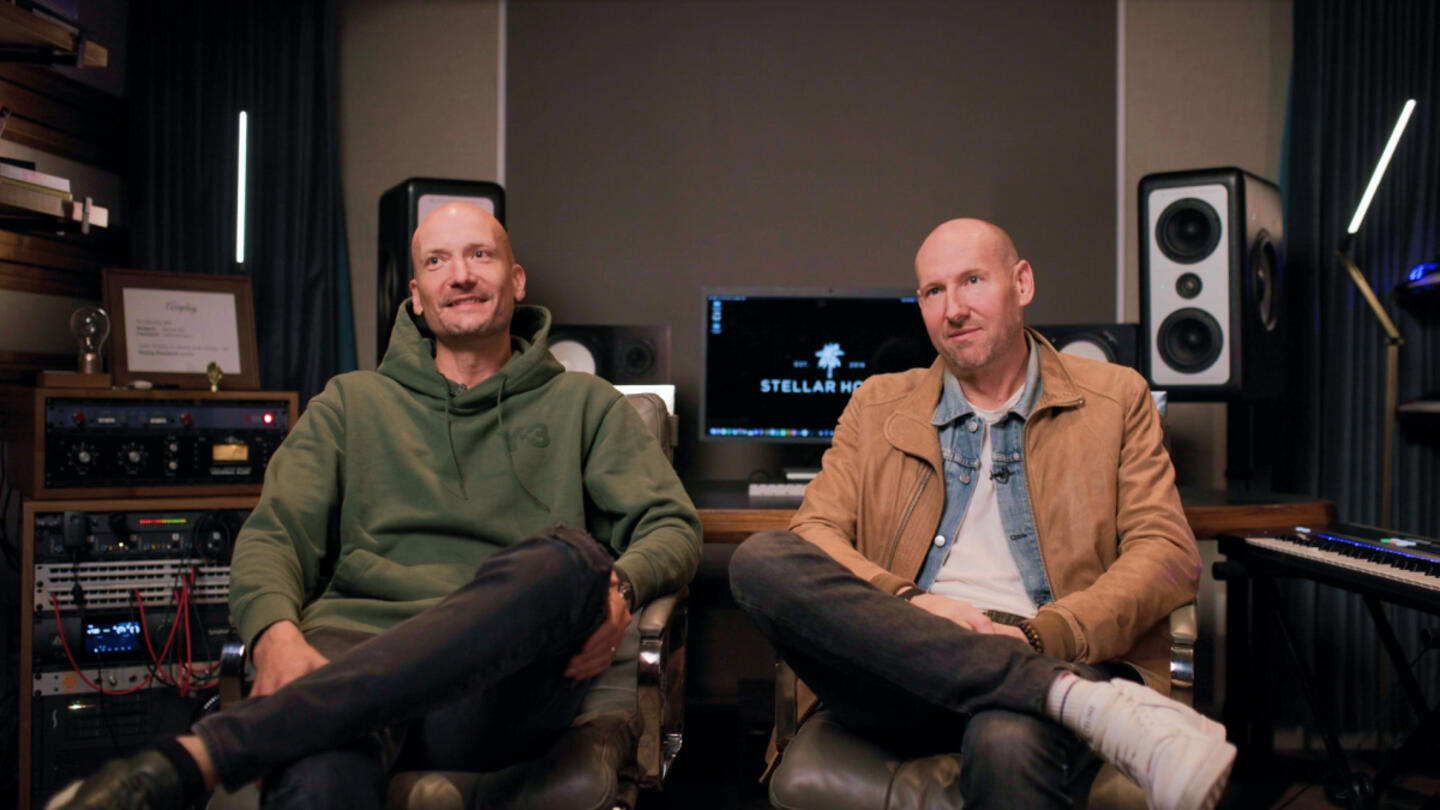This article was originally published by Stand Together Trust.
Stand Together Trust partners with changemakers and policy influencers to empower people to discover and develop their unique skills and aptitudes, pursue their passions, and live a life of meaning and purpose.
Empowering people with the resources to pursue an individualized path of discovery and development in a way that best suits them is essential to supporting a more fluid lifelong educational trajectory.
This individualized path might include a traditional four-year degree, career and technical programs, competency and skills-based education, experiential learning, or civic and community engagement. The key is that education should be tailored to the individual, not a one-size-fits-all model designed for the masses.
Outdated policies and practices prevent many people from accessing the types of individualized education options they deserve. More recent policy reforms have merely focused on helping borrowers manage loan repayment. The system has not changed, and the financial incentives are stacked in favor of colleges and universities rather than students. Postsecondary education reforms that support students, not systems, are necessary for students to access flexible, individualized pathways and enable them to unleash their skills and aptitudes in society for mutual benefit.
Steve Taylor, senior fellow on postsecondary education at Stand Together Trust, provided us with deeper insight into the organization's vision and strategy to achieve this postsecondary education transformation.
Stand Together Trust is working to shift the paradigm away from a postsecondary education system designed around colleges to one designed to meet the individual needs of learners. What does that entail?
Steve Taylor: People pursue education to gain new skills, reach career aspirations, and enrich their lives. A college degree might be the best path for some; for others, an apprenticeship, certificate, or experiential learning might be the best option to reach their goals.
But the deck is stacked in favor of degrees. Two significant factors distort the postsecondary education market and create artificial demand for degrees. First, taxpayer-funded student aid is largely restricted to college pathways, which includes community colleges but doesn't include certifications or other programs that can equip individuals for meaningful careers. The second is that employers generally use degrees as the quality signal in hiring rather than individuals' skills and aptitudes.
To counter this artificial demand for degrees, policymakers must lift restrictions on how and where students can use federal or state funding, creating an open marketplace that enables students to access a plurality of options in the marketplace.
Moreover, employers need to update hiring policies and practices to move away from a bias towards degrees as a proxy for quality in hiring and instead signal to workers and learners that their skills and aptitudes equally position them to succeed in meaningful and productive work.
People should feel free to access myriad individualized education options in a postsecondary education marketplace that doesn't privilege some types of learning and credentials over others.
What specifically needs to change about the current postsecondary education funding model?
The current funding system, largely driven by government subsidies for college, is steeped in misaligned incentives. Each year, the federal government spends about $90 billion on student loans and $30 billion in Pell Grant and other student grant programs. States spend about $100 billion more on college subsidies. These subsidies are meant to make college more affordable. Instead, the cost of college continues to increase, and schools capture a larger share of these dollars, leaving students to borrow more.
Policymakers use student aid guardrails like accreditation to "protect" students and taxpayers and ensure student aid can only be used for programs offered by reputable colleges and universities. But where have those guardrails gotten us? In recent years, we see more stories about college closures, students saddled with debt and dismal outcomes after attending an accredited institution, and tens of millions of Americans dropping out short of completing a degree.
There is an alternative to the monopoly colleges have on postsecondary education. Fund learners directly, rather than sending funds to colleges, and enable innovative finance models to compete with traditional student loans. This lets the learner make trade-off decisions between college and alternative education options. It also gives learners more control in a marketplace of options where colleges and non-college providers compete on cost and quality.
I get excited about innovative finance models that align the incentives for learners, educators, and funders to realize a positive return on investment by lowering the cost of education and producing positive post-completion employment outcomes.
Jobs for the Future, a Stand Together Trust partner, launched its Financing the Future initiative to elevate policies that create the conditions to scale funding models like income share agreements because of their potential to minimize student debt and reduce the need for government subsidies.
There is also growing interest in solutions such as education savings plans and skills savings accounts. These accounts have transformative potential by enabling individuals and families, employers, philanthropy, education providers, and government to invest directly in individuals as they pursue myriad education options. Learners can draw funds for education when and where they want, rather than their dollars being tied to a single education provider.
There is growing bipartisan support to create the conditions for innovative finance models to compete with traditional student borrowing options. Stand Together Trust continues to work with partners who share a desire to elevate new funding models and turn the tide on traditional student borrowing.
What can policymakers and employers do to shift the focus from colleges and degrees to individuals and skills?
New education providers and higher education alternatives have been steadily increasing, but growing the supply of alternative providers is not a sufficient solution. Employers in the public and private sectors need to change their hiring policies and practices to send a clear signal to workers and learners about the types of credentials they value.
A bias toward degrees in hiring inhibits a truly open marketplace where learners can access various options. Americans deserve pathways that allow them to showcase their skills and abilities through experiences in other life- and career-relevant settings, not just college. Policymakers, employers, and educators must work together to remove barriers to millions of Americans accessing new education models to achieve their full potential.
A great example of such a collaboration is Opportunity@Work, a national nonprofit helping individuals work, learn, and earn to their full potential. They launched the Tear the Paper Ceiling campaign to spur public and private sector action to remove unnecessary degree requirements. Facilitated in part by the Ad Council and dozens of other national partners, the campaign showcases stories of people and companies "tearing the paper ceiling" to promote opportunity for those Skilled Through Alternative Routes (STARs).
Then there are organizations like The Cicero Institute and Society for Human Resource Management, both of which have received funding from Stand Together Trust and are partners of the Stand Together community. Both organizations produce research and resources for employers and policymakers to change the paradigm away from degrees and towards skills and competencies.
We need many more organizations to support efforts like these. The Stand Together community is supporting public and private sector approaches to place increased emphasis on unconventional learning models and new types of credentials.
Stand Together Trust is investing in resources to educate social entrepreneurs who are working to change the policy conversation. What can policymakers and education influencers do to shift the paradigm?
As a first step, policymakers and influencers need to recognize that the laws that govern higher education are a relic of the past and no longer reflect the more expansive postsecondary education environment. Still, most policy reforms have focused on incremental tweaks to the outdated system, like improvements to the student loan repayment system, and though well intentioned, these reforms fall short of being transformational.
I recall a federal policymaker telling a group of business leaders, "Policymakers can't change the system. We can get in the way, or we can get out of the way. But it's you who will create the change if we get out of the way." Exactly. It's time for policymakers and regulators to get out of the way, create space for experimentation and innovation, and take the thumb of government off the scale to allow bottom-up solutions to emerge.
Reformers and innovators across the country have the bottom-up solutions, but they are up against a status quo system that benefits from government subsidies and policies that limit competition and create a closed marketplace. Policymakers must listen to those who are closest to the problems and who experience the barriers to transformative education.
The Stand Together Trust Policy Toolkit to Transform Postsecondary Education provides a vision for education designed to support students, not systems, and offers ideas for policymakers and education reformers who want to join the movement to shift the paradigm in postsecondary education.
***
Stand Together Trust provides funding and strategic capabilities to innovators, scholars, and social entrepreneurs to develop new and better ways to tackle America’s biggest problems.
Download "A Policy Toolkit to Transform Postsecondary Education" here.




